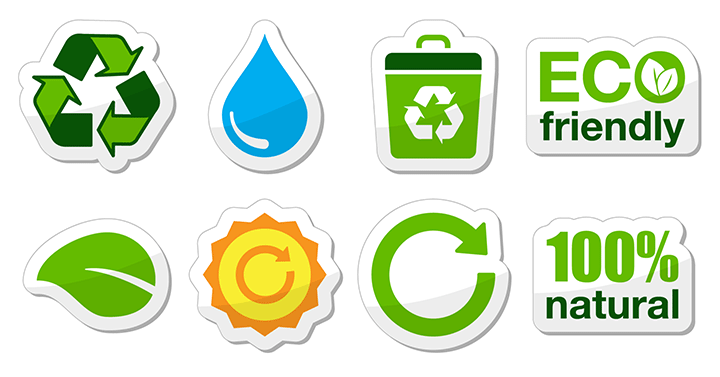The market for sustainable or “green” cleaning products among commercial end users has been growing, and increased regulations by states are expected to continue to drive interest and sales of these products. Sustainable cleaning includes professional cleaning products made with renewable, biodegradable ingredients that are not tested on animals, do not contain harmful ingredients, and are sold in recyclable packaging. These products often carry certifications from third parties that validate these claims.
When asked about the importance of janitorial chemicals being green, an average of three–quarters of all end users surveyed by Kline rated green cleaning as “Very Important.” End users in education, government, foodservice, and healthcare rank green cleaning very highly. In education and government end uses, green cleaning products use is increasing as school boards and state governments—especially in California and the Northeast—are trying to set a leadership example in environmental product use in their contracting requirements.
Sustainability is differentiated from “green” because it is not just about the chemical ingredients being used to clean facilities but the larger supply chain, packaging, and distribution processes. Corporations, government, and educational institutions tend to be interested in sustainability claims to either burnish their images or promote a social good. California State procurement must factor in sustainability. Many other regions, such as Texas, Oregon, Washington, and New York, have such regulations or are considering implementing them.
In terms of commercial-use nonwovens such as cleaning wipes, a common theme that is important is increasing efforts to limit single-use plastic and the plastic-free movement. Many U.S. states and countries, especially in Europe, are phasing out single-use plastics, and by 2021 in Europe, wipes packages will need to contain labeling that shows they “contain plastics” if they do. Since wipes contain plastic components and packaging, the industry needs to keep a watchful eye on this trend. In response to this, some producers are moving toward using natural fibers like cotton and even hemp to make wipes, and there is increased demand for label transparency for wipes to list substrates and labels that mention use of recycled materials and fibers. There is a market need for biodegradable wipes made from renewable resources such as cotton, viscose, and pulp.
When it comes to sustainability, a circular economy—one that uses resources (preferably renewable) to make goods that are recycled after use to create new content for other products—is an important concept. The challenge remains that many commercial end users say they are in favor of using products from companies that operate in a sustainable way when, in reality, a bulk of them are not willing to pay more for sustainable products.
Using Kline’s vast survey data with commercial cleaning end users, the Sustainable Cleaning: Impacts on the Commercial Cleaning Industry report provides a comprehensive analysis of sustainable cleaning trends and their expected impacts on the commercial cleaning industry. It provides a deep understanding of how sustainable cleaning products and processes are perceived by end users across multiple segments of the market including janitorial and foodservice cleaning. The report helps subscribers to:
- Understand how important sustainable cleaning is to commercial cleaning end–use decision makers
- Discern differences across market segments such as janitorial and foodservice or chemicals versus wipes
- Assess the size of sustainable cleaning in the United States and forecasts
- Learn about U.S. regulations and third-party certifications and their impacts on sustainable cleaning
Kline is now accepting charter subscriptions which offer a reduced price and allow our customers the ability to provide input on the scope of the report and the design of survey questions to be fielded with end–use decision makers. To learn more about this new report from Kline please, contact us.

